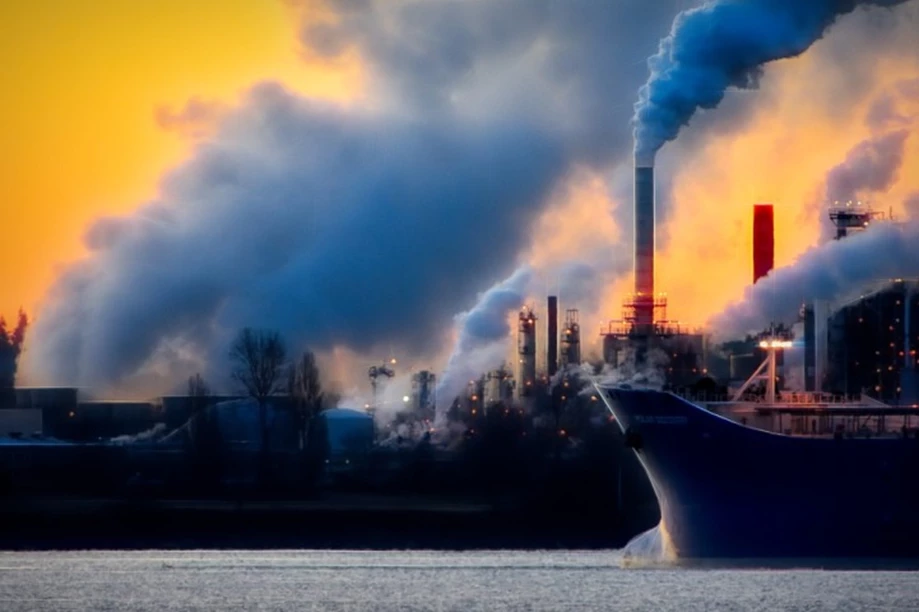South Korea on Tuesday announced it has cut down its 2030 targets for reducing greenhouse gas emissions in the industrial sector but maintained its national goal of cutting emissions by 40% of 2018 levels in what it called a reasonable adjustment.
As one of the world’s most fossil-fuel reliant economies, South Korea has sought to reach carbon neutrality by 2050 and this is the first annual and sectoral emissions reduction targets put forward by President Yoon Suk Yeol.
According to the Presidential Commission on Carbon Neutrality and Green Growth, the industrial sector will be required to cut emissions by 11.4% from the 2018 levels by 2030, compared to the 14.5% set in late 2021 under the new plan and the gap will be filled by switching more energy sources to renewables and making more reductions overseas.
The country aims to use less carbon intensive energy sources to reduce emissions by 45.9% from 2018 levels by 2030, up from the existing target of 44.4%.
Read also: Report: Somalia’s drought killed 43,000 last year, half under five
“We’ve eased industrial reduction targets in light of realistic domestic conditions including raw material supply and technology prospects,” the commission was quoted as saying in a statement.
“In the energy sector, the target was raised to further reduce greenhouse gases through a balanced energy mix between nuclear power and renewables, and by accelerating the shift to clean energy such as solar and hydrogen.”
Part of the efforts will see South Korea boost nuclear energy to 32.4% of total power production by 2030, up from 27.4% in 2021, and renewables to at least 21.6% of power output from 7.5%, the commission said.
Yoon scrapped his predecessor’s drive to phase out nuclear energy and pledged to expand it to more than 30% of the energy mix when he took office in May 2022.
Story was adapted from Reuters.
